Community
The Diving Industry Is Run By Middle-Aged White Blokes. Our Future Depends on Making Them Uncomfortable.
Ahead of Women’s Dive Day on July 16, UK instructor and course director Alex Griffin examines why the industry appears to have trouble attracting and retaining divers from diverse backgrounds — and what we all can do about it.
by Alex Griffin

Diving, a bit like the world, is run by middle-aged white blokes. Sure, you might see diversity among divers, but track up the line into the manufacturers, dealers, and training agencies and there we are: Laughing as we brush processed meat sandwich crumbs from our navy polo shirts.
Except we’re not laughing now.
Post-pandemic, we’re all trying to get our heads around how to move forward in an industry that just faced about ten years of change condensed into two. What is immediately clear, however, is the traditional dive centre is waning as a profitable business model, and saving the industry will depend on getting more people to start diving.
In order to make that happen, we need to get uncomfortable. As an industry, we must examine the innate biases that act as barriers and exclude people other than white blokes (“dudes” if you’re American) in order to make the sport more inclusive.
“I don’t care,” I hear you cry, “I just want to dive, and I couldn’t care less about the sex or colour of anyone else who wants to get in the water. Just leave me alone!”
Just hear me out.
If you are a middle-aged white bloke, this can feel like an attack. There you were going about your business, not being sexist or racist, and then someone comes along to inform you that, actually, yes you are. You see, it’s really great that you’re not burning crosses on your lawn — but not being a bigot isn’t quite enough. It’s about examining the biases and prejudices that you hold; the ones that you don’t talk about or even want to consider.
Sexism in diving has a long, rich history. Just consider this paragraph from The Silent World by Jacques-Yves Cousteau, published in 1952:
“On seaside picnics Jean-Michel would go down thirty feet with a kitchen fork and fetch succulent sea urchins. Their mother dives too, but without the same enthusiasm. For reasons of their own, women are suspicious of diving and frown on their menfolk going down. Dumas, who has starred in seven underwater films, has never received a fan letter from a woman.”
Several manufacturers and training agencies are regularly fumbling the ball when it comes to sexism: Bikini-clad women posing besides serious men in dive gear. There’s nothing wrong with women in bikinis or men in swimming trunks. Nor, for that fact, is there a problem with men in bikinis or women in swimming trunks. The issue is the disparity: The implication being that the man is off to do the deep, dangerous dive whilst the woman floats about on the beach waiting for him.

How many dive centres regularly post images of their (mostly) white, male clientele? How often are successful women in the industry described as “giving as good as they get,” as Jill Heinerth talks about it in this excellent article on sexism in diving from 2015?
Clearly, no one posts pictures of their clients at the end of a course, or talks up the ability of a female diver to be exclusionary. It’s usually done in the spirit of celebration. The problem is there’s an un-said message that anyone is welcome — just so long as it’s on our terms and they are the ones adapting to our culture.
I spoke to an instructor colleague of mine, Trey Atarhe Mujakporue, about why he believes there is a lack of people of colour in diving. He told me that the first big barrier is very much socio-economic. Diving is still a relatively expensive sport with a high-cost barrier to entry that makes it unattainable to a lot of people from disadvantaged backgrounds. If you do manage to get past the socio-economic factors, then you hit the knock-on effect of a lack of representation. In the whole time Trey was teaching in the UK, he said only saw one other black dive professional at the dive site we all frequented.
There’s a common interaction that happens across many white-male dominated activities. The typical format goes something like this: A picture is posted on social media of high-level individuals that represent that activity. Someone comments on the lack of diversity in the picture. The comments blow up, with a regular theme being, “We’d love there to be more diversity. They’re just not interested.”
But it’s not that simple. Take a typical dive boat full of men. There’s “locker room talk,” macho competitions about depth records or gas consumption that can seem intimidating to beginners, maybe even unwelcome touching or comments about people’s gender or appearance. In the end, maybe it’s not the activity that they’re not interested in, it’s the culture embedded in it.

Instead, I urge you to think about what a new diver learns almost straight away: We teach them a universal sign language and then we take them into a world where their race, gender or sexual orientation has absolutely no bearing on their ability to be a good buddy or to appreciate the incredible experience of moving and breathing underwater. Scuba diving is a supreme leveller, and we should be massively encouraging this aspect of the sport.
Finally, I think it’s important to note that I write this piece not from a place of despair but of
optimism. I personally see more and more positive shifts in our industry in this direction. If
we go back to basics and think more about the elements of diving that transcend background, we could start to market ourselves into almost untapped demographics. Ultimately, the future of our sport depends on each of us examining our own unwelcoming behaviors, intended or not. If nothing else will convince you, it’s costing you money.
Dive Deeper
Grist: This scuba diver wants everyone — black, white, or brown — to feel at home in the ocean
DIVER: Sexism: Alive and well in scuba diving by Jill Heinerth

Alex Griffin has been diving since 2001, he is a Course Director and Tec Instructor Trainer who loves diving in the United Kingdom but can be happily tempted to warmer climates too. He has run his own dive centre in London, worked for a great many others and now works for a major diving equipment manufacturer.



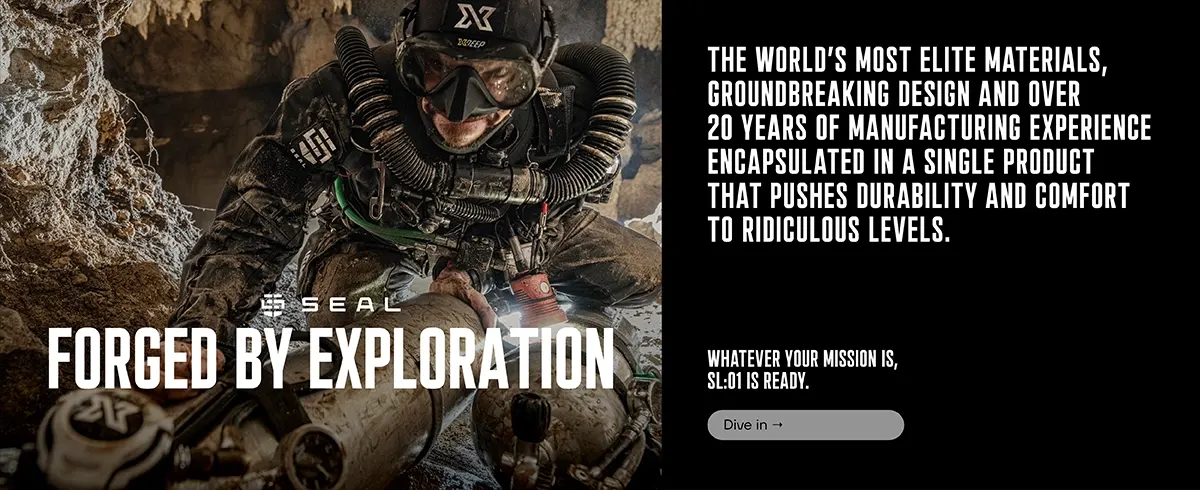
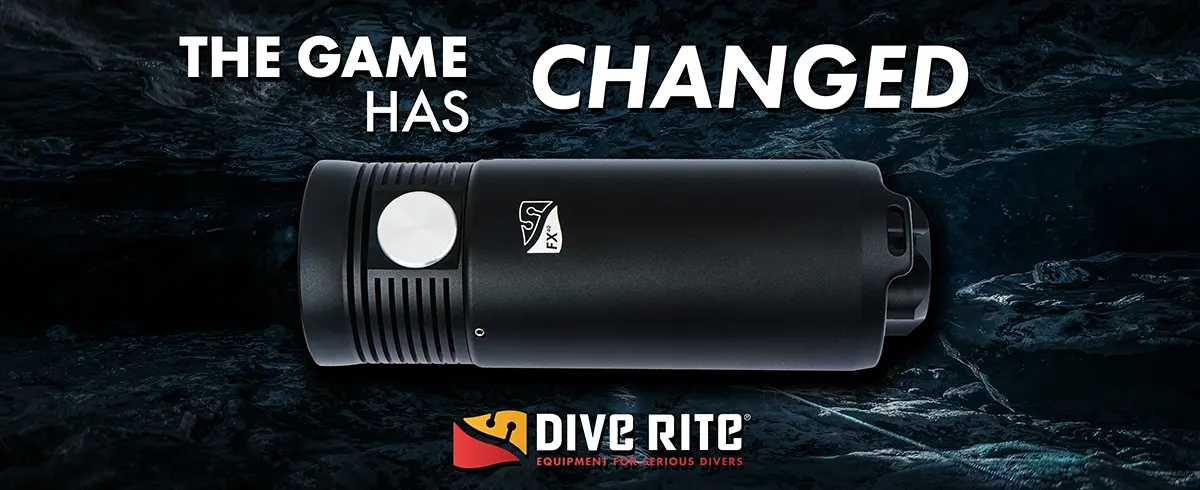
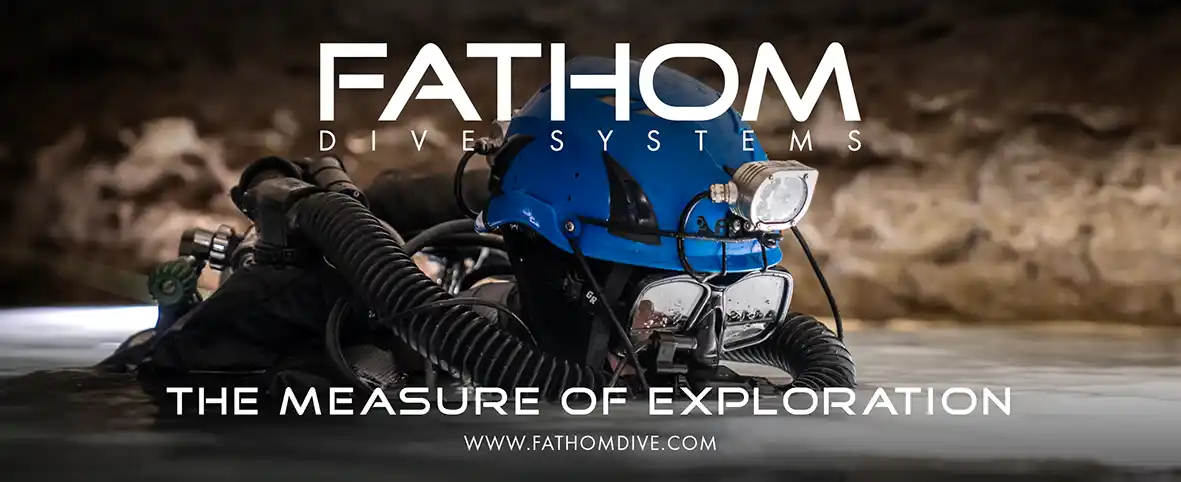



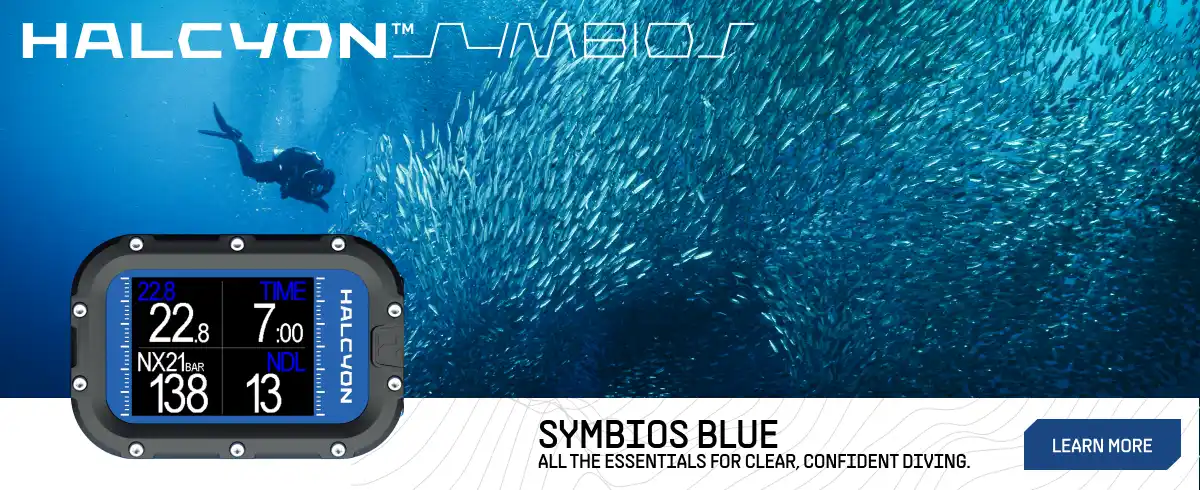

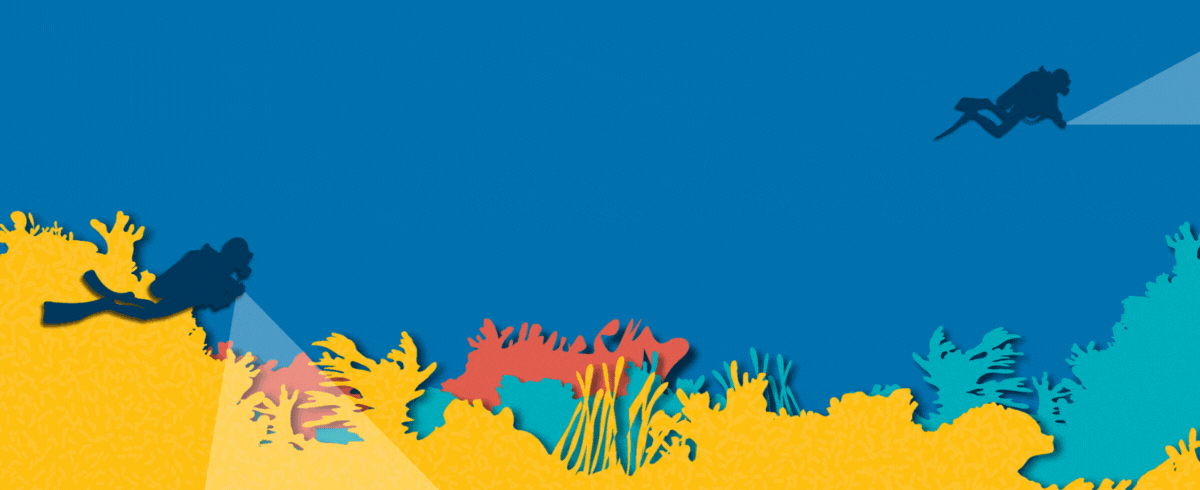













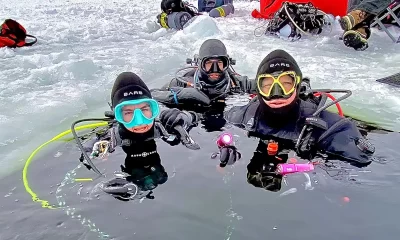




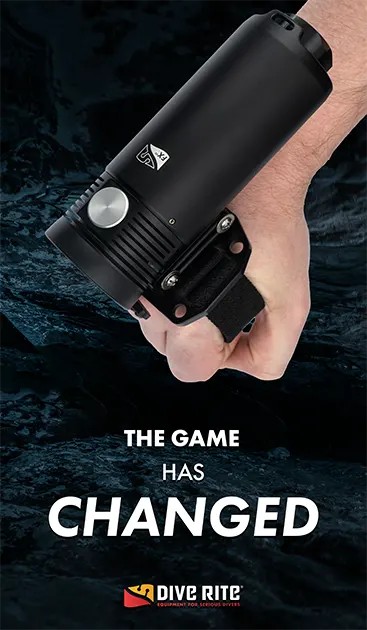

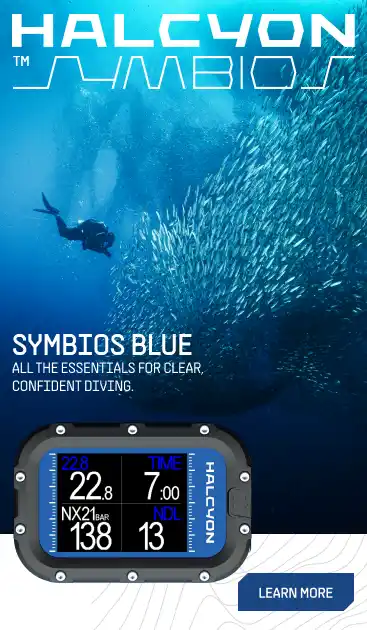
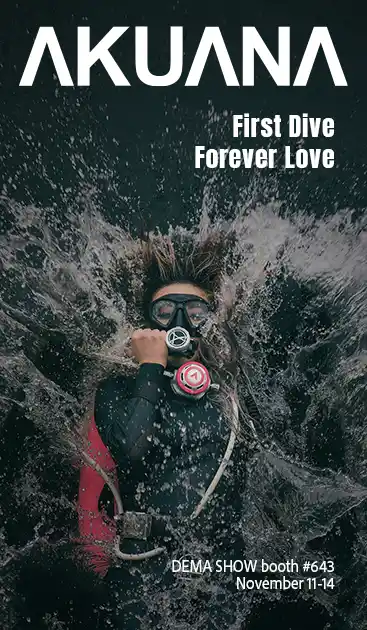




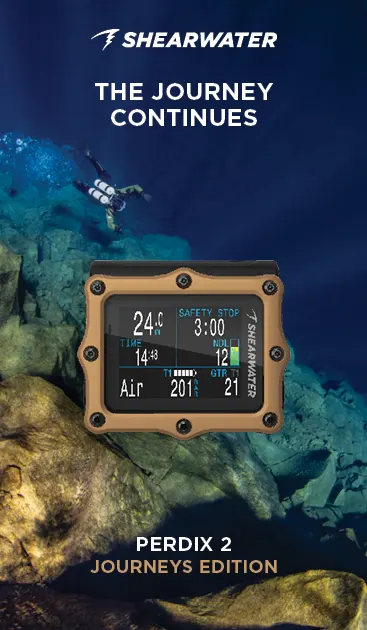

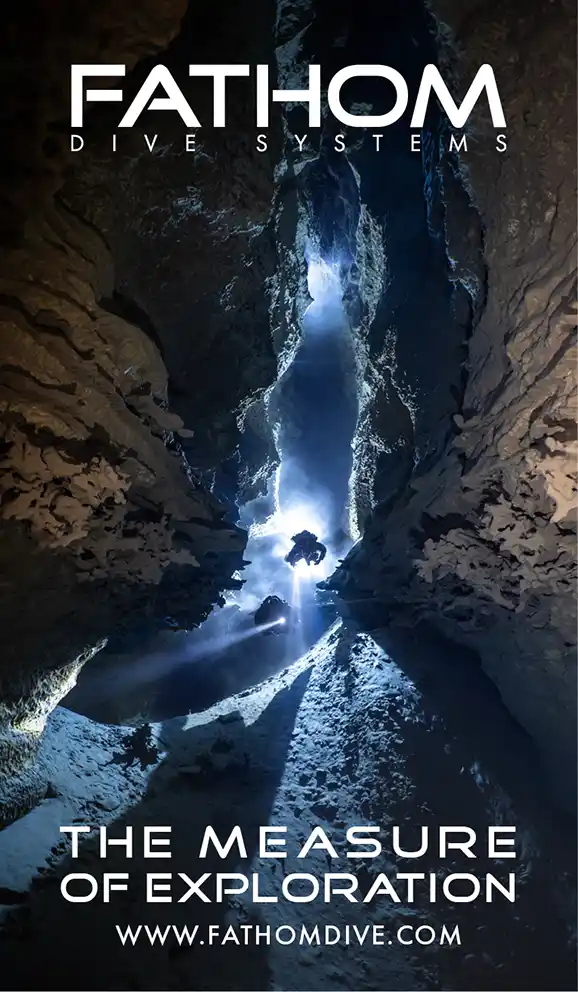







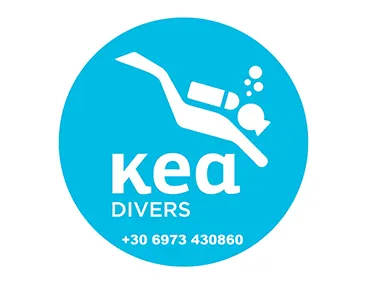

One response to “The Diving Industry Is Run By Middle-Aged White Blokes. Our Future Depends on Making Them Uncomfortable.”
Both DEMA and FIFA seem to have this middle age balding white man symdrone. FIFA is sadly beyond any form of reform. Interesting, women in diving in Japan and S.Korea is huge. I lived 8 years in Japan back in the 80s and 90s and japanese women were the main drivers and marketing focus of the dive industry there. All the dive mags were about this trendy fashion focused water lifestyle of diving. The female consumer in japan fueled the dive sports growth. US dive industry take page out of japanese history to engage more women.